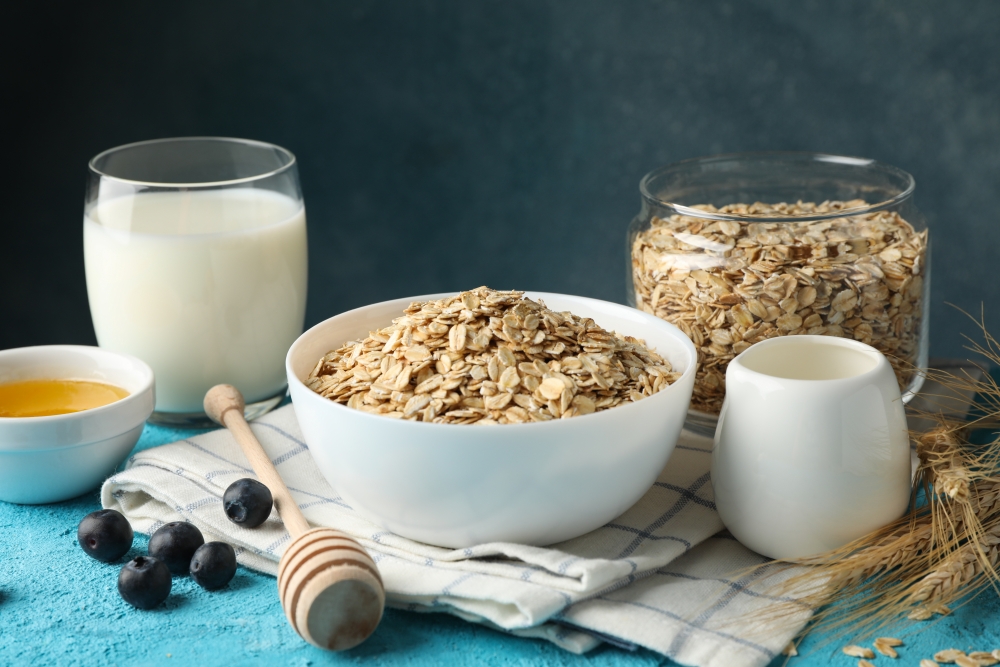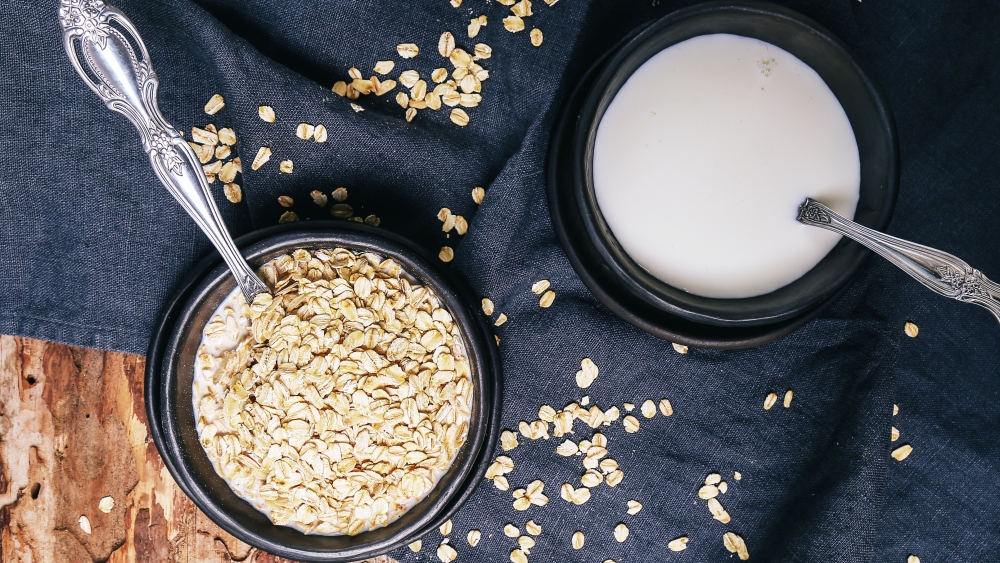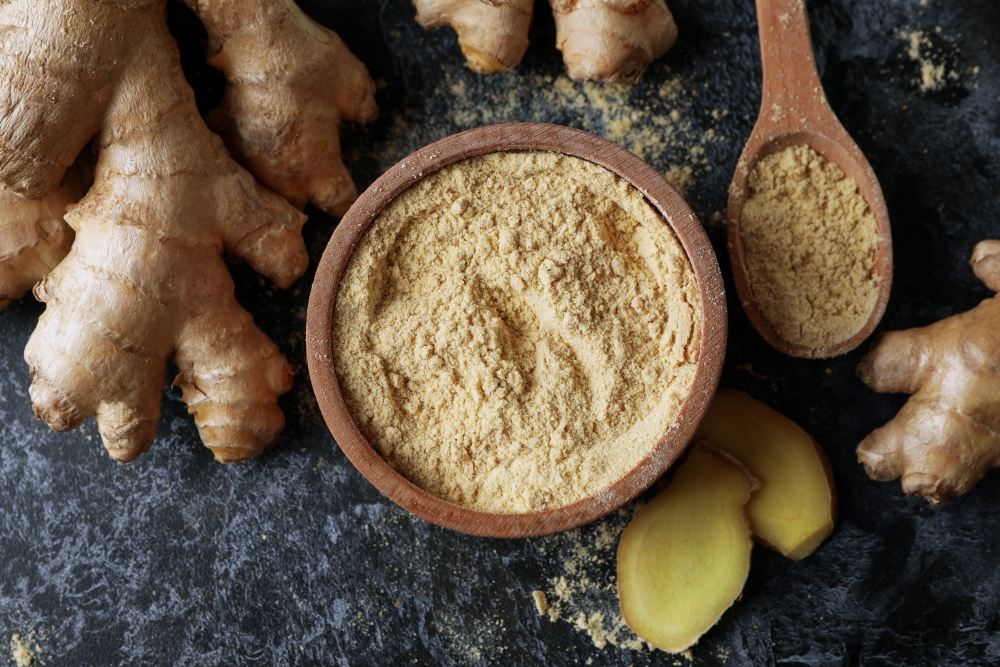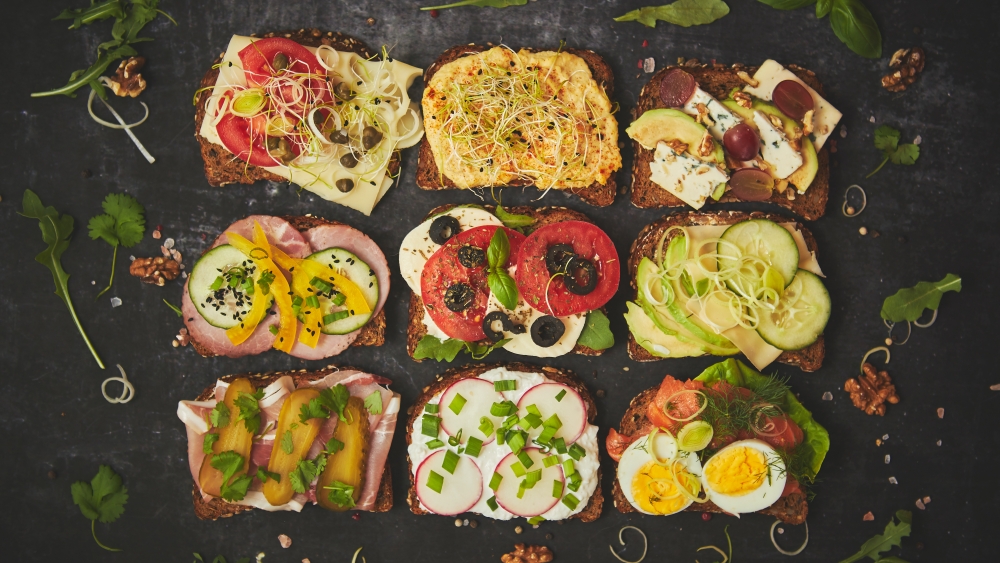In recent years, oats have gained popularity as a healthy breakfast option due to their health benefits. Oats are a rich source of soluble fibre and protein, which can help maintain digestive health, regulate blood sugar levels and promote satiety. Oats are also a good source of complex carbohydrates, which gradually release energy into the body and can help maintain energy levels throughout the morning.
Benefits of oats for breakfast
- Rich in fibre: Oats are an excellent source of soluble fibre, which contributes to the health of the digestive system and keeps you feeling fuller for longer. Regular consumption of fibre can improve bowel transit and help reduce the risk of digestive diseases.
- Controlling blood sugar levels: Thanks to its fibre and complex carbohydrate content, oats can help keep blood sugar levels within normal limits, preventing sudden fluctuations in blood sugar and reducing the risk of type 2 diabetes.
- Source of nutrients: Oats are rich in nutrients such as iron, magnesium, phosphorus and vitamin B1, which are essential for the body's overall health and for optimal functioning of the nervous and muscular systems.
- Sustainable energy: The complex carbohydrates in oats gradually release energy into the body throughout the morning, providing a sustainable source of energy and keeping energy levels high without causing sudden spikes and drops.
So after the above it can be said that oats can be a healthy and beneficial option for many people.
But it's also important how you prepare oats and how you combine them with other foods. Recommendations would be to avoid adding excessive sugar or sweeteners and choose to combine it with healthy proteins (such as Greek yoghurt or milk) and healthy fats (such as seeds or nuts) to achieve a balanced and nutritious breakfast.

However, while some people consider it a staple breakfast food, some nutritionists warn that it's not so beneficial to eat oats for breakfast. The warnings are particularly related to the impact of eating oats for breakfast on blood sugar levels and body weight.
Controversies and precautions
- Raising blood sugar levels: Even though oats are considered a low glycemic index food, some people may experience increases in blood sugar levels after eating oats. This can also be influenced by other foods eaten in combination with oats or the amount consumed.
- Recommendations for people with diabetes: People with diabetes should carefully monitor their blood sugar levels and adjust their oat servings according to the body's individual response. It is advisable to consult a doctor or nutritionist for personalised recommendations.
- Portion control: Excessive consumption of oats at breakfast can lead to increased caloric intake and interfere with weight control efforts. It's important to watch portion sizes and combine it with other healthy foods to achieve a balanced breakfast.
Overall, oats can be a healthy and nutritious breakfast option, offering a variety of health benefits. However, it is important to be aware of your body's individual needs and combine it with other healthy foods to ensure a balanced and nutritious breakfast. Consult a nutrition specialist or doctor for personalised recommendations based on your individual needs and health condition. If you have certain health conditions that require strict carbohydrate or blood sugar control, consult a doctor or nutritionist for personalized dietary recommendations. Oats can be part of a healthy and balanced diet, but it is important to eat them as part of a varied and balanced overall diet.
Prioritising health: tailoring food choices to individual needs
It is crucial to avoid guiding our food choices solely by trends or product promotion, but to base them on sound scientific evidence and the individual needs of our bodies. Popular eating patterns or the promotion of certain products may not always be in line with our nutritional needs or our overall health.
It is "healthy" to be critical of information and to evaluate the sources from which we get our nutritional information. Consulting with nutrition and diabetes specialists, as well as other health professionals, will give us a clearer perspective and personalised guidance on nutrition and lifestyle.
In addition, it is advisable to pay attention to food composition, be aware of labelling and avoid foods that are processed or high in added sugar and trans fats (fats artificially obtained by hydrogenating vegetable oils). Choosing fresh, whole and natural foods is often the healthiest option for a balanced and nutritious diet.
It is important to listen to our own bodies and adapt our food choices according to our individual needs and overall health, avoiding being influenced solely by trends or product promotions.





